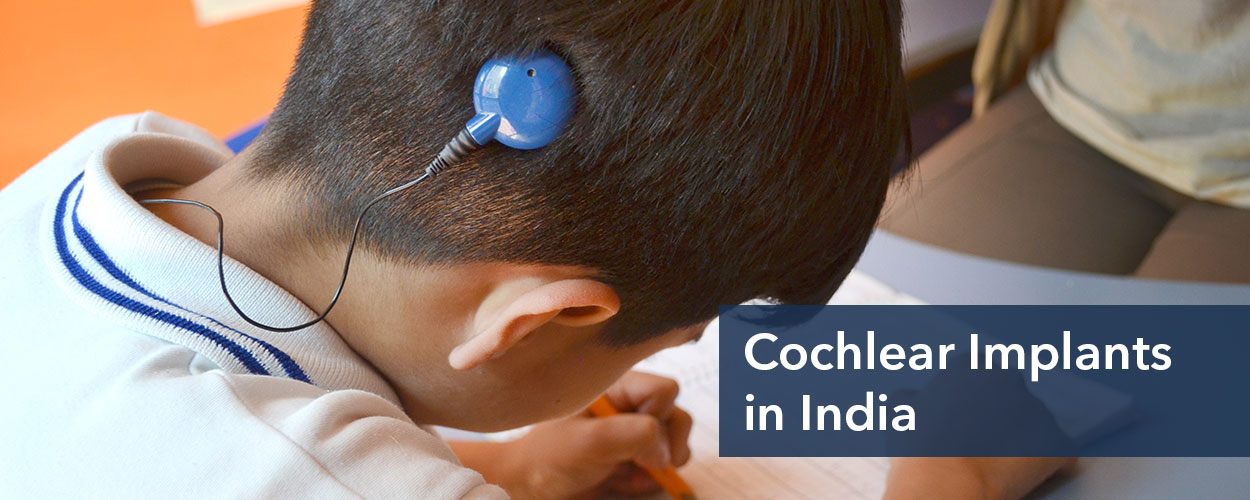Frequently Asked Questions
Q. What precisely is a hearing aid?
A: It is a device worn in or on the ear. It helps enhance the sounds, which makes them more vibrant. A speaker, amplifier, and microphone make up its three main parts.
Q. When should children get cochlear implants?
A: Cochlear implants have been successfully implanted in infants as early as 14 months old. Those children who:
- Have severe hearing loss in both ears
- Have received little benefit from hearing aids
- Are medically fit for surgery
- Participate actively in post-operative rehabilitation
Q. One can hear to a certain extent. If they have a cochlear implant, will they lose all of their hearing?
A. Undoubtedly not. After receiving a cochlear implant, you could have historically anticipated total hearing loss.
However, thanks to advancements in cochlear implant surgery methods and implant design, around 50% of patients who do have some hearing continue to have it after surgery.
Q. How soon does hearing start to get better?
A. It can take some time before there is a significant improvement. This is because it takes some time for the brain to become accustomed to receiving information from the hearing nerve.
Typically, a month after an implant is turned on, a person’s hearing gets better. People sometimes need three to six months to develop their full hearing capacity.
People’s hearing often gets better faster if they:
- Consistently engage in hearing practice and therapy.
- Always wear their implants when they are awake.
- They should wear their implants for the recommended period of time.
Q. Do cochlear implants have an impact on the brain?
A. Not at all, no. Surgery for cochlear implants is not brain surgery.
- The cochlea’s electrodes communicate with the brain by sending signals to it, but they do not physically interact with it.
- Nevertheless, cognitive function is enhanced following cochlear implant surgery.
- The ability to learn and comprehend through your senses, especially hearing, is known as cognition.
- Cochlear implants may be able to prevent or slow cognitive deterioration, according to studies.


